
If you have never had a problemwith a kidney stone, you are one lucky person. But, if you know whatthis is about, well, you know what pain is. Seriously, kidney stonescan, and usually do, hurt like hell. Few lucky ones might experiencejust mild discomfort when passing stones, but most people will suffertremendous pain, that may come in waves, or suffer from steady, dullpain that can just drive a person crazy. A typical stone will let youknow it is there for up to four painful weeks. Beside pain, you mightbe suffering from nausea, vomiting and painful urination. And yoururine will probably smell foul.
Howkidney stones came to be
Kidneystones are usually made of crystallized minerals and salts, but mightcomprise other substances, depending on what condition causes stoneformation. Speaking of causes, these are many, and, in general, aimbalance in urine, such as too acidic or too alkaline urine, maylead to formation of stones. Conditions such as inherited diseases,reduced intake of water, obesity, consumption of alcohol, sedentarylifestyle and lack of physical activity may all contribute toformation of kidney stones.
Gettingrid of the rocks
Mostkidney stones will come out by themselves, but the right thing to dowould be to visit a doctor, as you should determine what caused thestone to be formed. This can help to prevent formation of new stonesin the future. The doctor may also prescribe you some medicine thatwill help to break or dissolve the stone and make it easier toremove. Finally, the doctor may tell you whether your stone is goodto go by itself or if it requires some extra help such as surgicalprocedure.
Prevention
Mineralsand salts have time to crystallize if there is insufficient urineflow. Prevent this by drinking lots of water, eight to ten glassesdaily, or more. This also helps to pass the existing stone. Also,drop some weight, as it has been shown that there is a strong linkbetween obesity and kidney stones. Moderate exercise helps to passthe stone. Changing your diet so that it is low in salts and animalprotein also prevents formation of kidney stones.
Procedures
Asnoted, most kidney stones come out by themselves. Some may require alittle extra help, such as blasting with focused sound waves whileyou are submerged in a tub, or some sort of minimally invasivesurgery by which stone is either broken and removed in pieces, orremoved in a single piece.


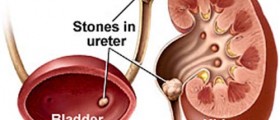
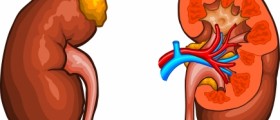



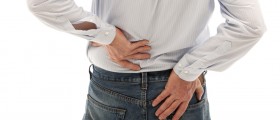

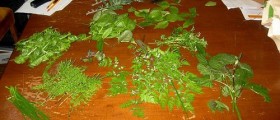

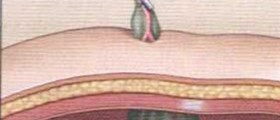



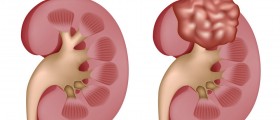

Your thoughts on this
Loading...